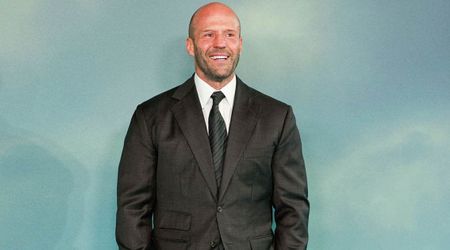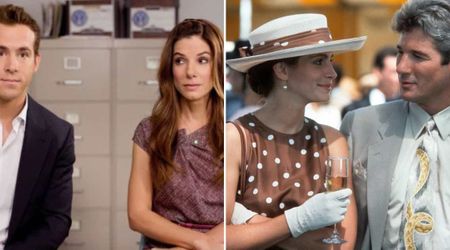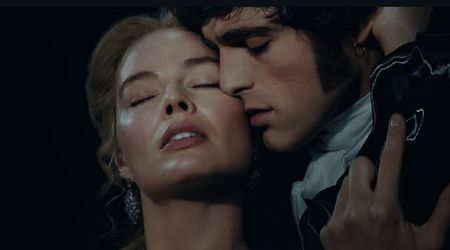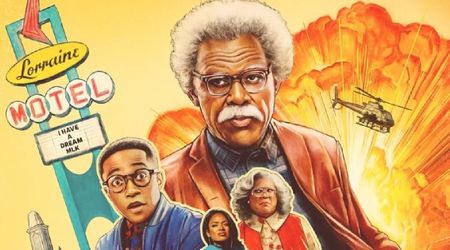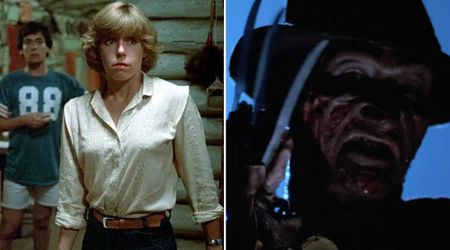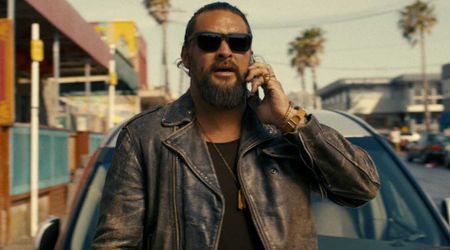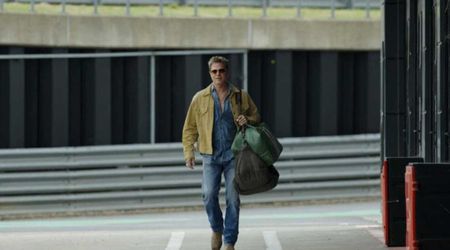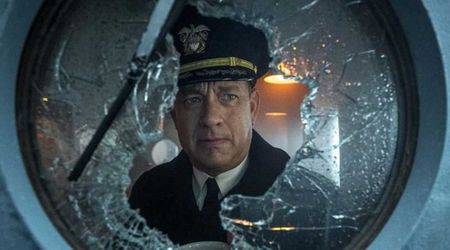'John Lewis: Good Trouble': A true American hero, the civil rights leader continues to fight racism today

Born on February 21, 1940, to sharecroppers, John Lewis grew to become one of the most significant leaders in the United States' civil rights movement. Lewis is the subject of a new documentary, 'John Lewis: Good Trouble' from Dawn Porter that will be available on-demand and in virtual theatres on July 3. The title comes from a quote that Lewis likes to use on creating trouble — "good trouble, necessary trouble" — to ensure equality in the country.
As a child, Lewis wanted to become a preacher. He would "preach" to the chickens on his parents' farm while he attended segregated public schools in Pike County, Alabama. However, fate had other plans as Lewis became one of the youngest leaders of the civil rights movement alongside Martin Luther King Jr. Throughout his career, Lewis has spearheaded legislative action for African Americans on the important issues of our time – civil rights, voting rights, gun control, health-care reform and immigration.
In 1957, Lewis left Alabama to attend the American Baptist Theological Seminary in Nashville, Tennessee where he learned about the nonviolent protest. In Nashville, he organized sit-ins at segregated lunch counters and took part in many other civil rights activities with the Nashville Student Movement, including bus boycotts and other nonviolent protests in the fight for voter and racial equality.
The sit-ins helped desegregate lunch counters in downtown Nashville. During these demonstrations, Lewis was arrested and jailed many times. As a student, Lewis attended nonviolence workshops held in the basement of Clark Memorial United Methodist Church by the Rev. James Lawson and Rev. Kelly Miller Smith, where Lewis became a dedicated adherent to the discipline and philosophy of nonviolence — which he continues to practice.
Freedom Rides
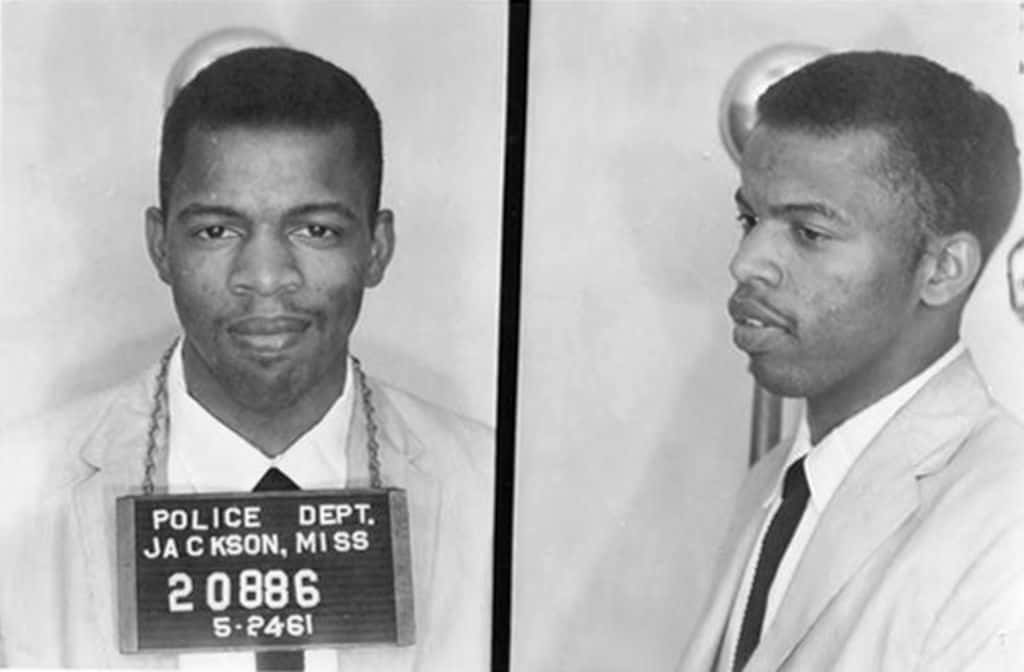
In 1961, at just 21 years of age, Lewis became one of the original Freedom Riders, which included seven white people and six Black people who were determined to ride the bus from Washington DC to New Orleans in an integrated fashion. At the time, old Confederacy states still enforced laws prohibiting racial integration on public transportation. The Freedom Rides began with the aim to pressure the federal government to enforce the Supreme Court's Boynton vs Virginia decision of the previous year that declared segregated interstate bus travel to be unconstitutional.
Lewis and the other nonviolent Freedom Riders were beaten up by angry mobs in the South and arrested and taken to jail -- with Lewis being the first to be assaulted while in Rock Hill, California. When he tried to enter a whites-only waiting room, two white men attacked him, injuring his face and kicking him in the ribs. Lewis was also imprisoned for 40 days in the Mississippi State Penitentiary in Sunflower County, Mississippi, after participating in a Freedom Riders activity in that state. The Freedom Riders faced violence in Birmingham and Montgomery as well. When the (Congress of Racial Equality) CORE gave up on the Freedom Ride because of the violence, Lewis and fellow activist Diane Nash arranged for the Nashville students to take it over and bring it to a successful conclusion.
March at Selma
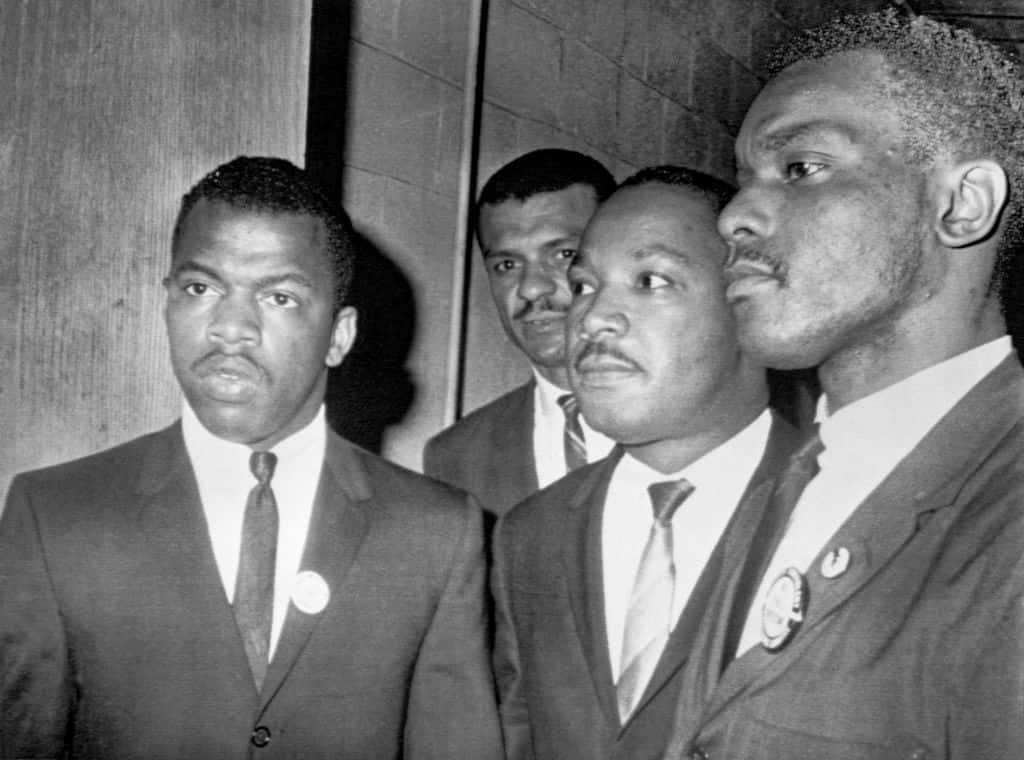
At 23, Lewis became the chairman of the Student Nonviolent Coordinating Committee (SNCC) and was also regarded as one of the "Big Six" leaders of the Civil Rights movement. He helped plan the March on Washington that year, being the youngest speaker at the event. A notable statement he said at the time remains particularly relevant today: "We all recognize the fact that if any radical social, political and economic changes are to take place in our society, the people, the masses, must bring them about."
While the Civil Rights Act became law after the March on Washington, African-Americans were still blocked from voting in the South. In 1964, Lewis coordinated SNCC efforts to organize voter registration drives and community action programs during the Mississippi Freedom Summer. The following year, Lewis and Hosea Williams, another notable Civil Rights leader, led over 600 peaceful, orderly protestors across the Edmund Pettus Bridge in Selma, Alabama to demonstrate the need for voting rights in the state.
Marchers were attacked by state troopers in a brutal confrontation that became known as "Bloody Sunday." Lewis was severely beaten once more and suffered a fractured skull. News broadcasts and photographs of the violent attack on peaceful protestors helped hasten the passage of the Voting Rights Act of 1965.
Lewis' political career
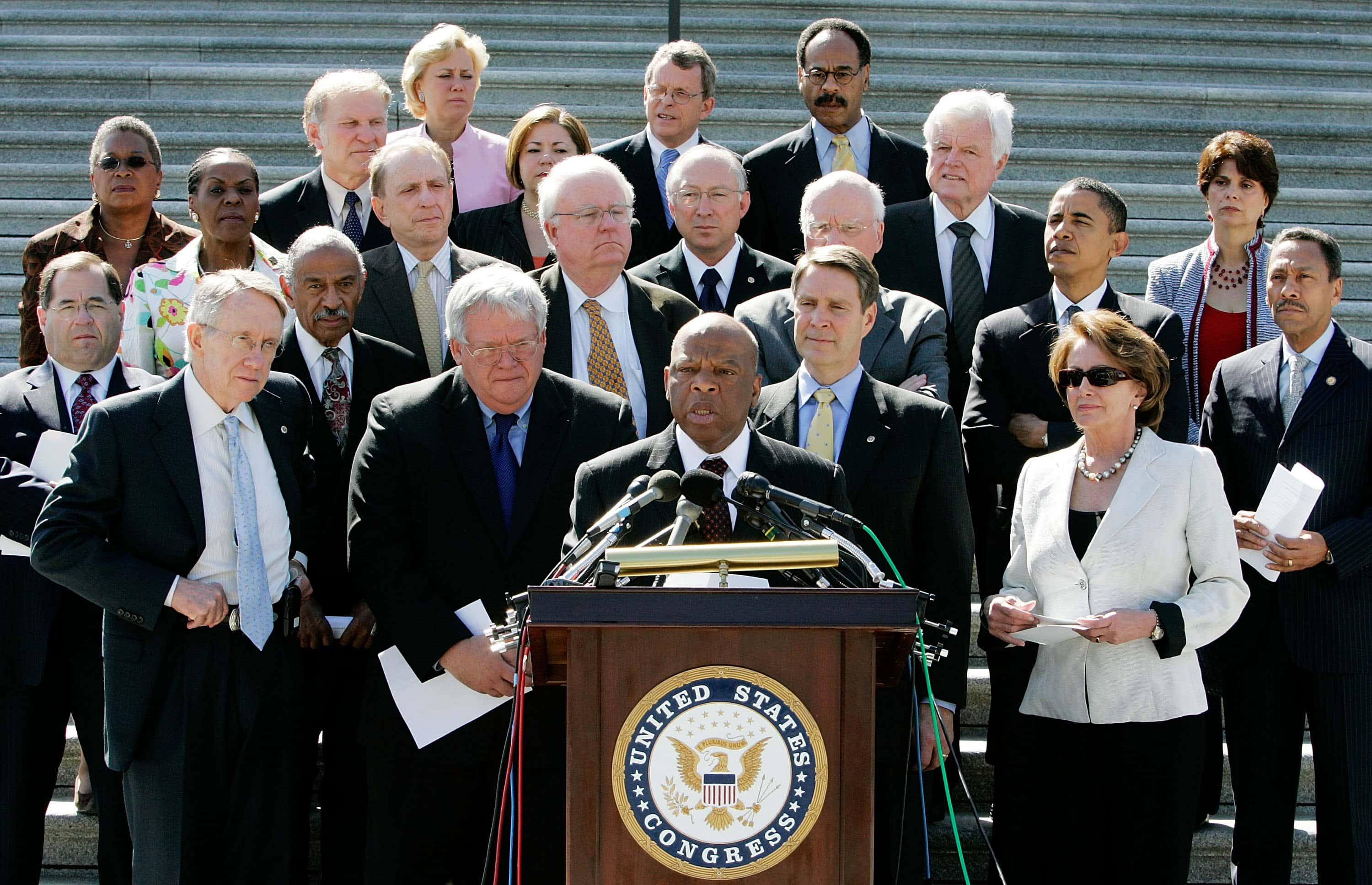
In 1966, Lewis left the SNCC and though devastated by the assassinations of King and Robert Kennedy in 1968, he continued his work for racial equality. In 1970, he became director of the Voter Education Project. During his tenure, the VEP helped to register millions of minority voters.
In 1981, Lewis ran for office, winning a seat on the Atlanta City Council. Five years later, he was elected to the House of Representatives, although he used controversial tactics when he accused his opponent and friend, State Representative Julian Bond, of corruption, implying that Bond used cocaine and suggesting that Bond had lied about his civil rights activism.
Lewis has since been reelected 17 times. Since entering office, he has called for healthcare reform, measures to fight poverty and improvements in education. Most importantly, he oversaw multiple renewals of the Voting Rights Act. When the Supreme Court struck down part of the law in 2013's Shelby County vs Holder, Lewis decried the decision as a "dagger into the heart" of voting rights.
Lewis draws on his historical involvement in the Civil Rights Movement as part of his politics. He makes an annual pilgrimage to Alabama to retrace the route he marched in 1965 from Selma to Montgomery – a route Lewis has since had declared part of the Historic National Trails program. As a Congressman, Lewis opposed the US waging of the 1991 Gulf War, the 2000 trade agreement with China, the Clinton administration's NAFTA and welfare reforms, and again the administration's consideration of armed intervention in Haiti.
In 2002, he sponsored the Peace Tax Fund bill, a conscientious objection to military taxation initiative that had been reintroduced yearly since 1972. In the wake of the mass shooting that took place on June 12, 2016, in Orlando, Florida, Lewis led a sit-in comprised of approximately 40 House Democrats on the floor of the House of Representatives on June 22nd in an attempt to bring attention and force Congress to address gun violence by taking definitive legislative action. "We have been too quiet for too long," Lewis said. "There comes a time when you have to say something. You have to make a little noise. You have to move your feet. This is the time."
Legacy
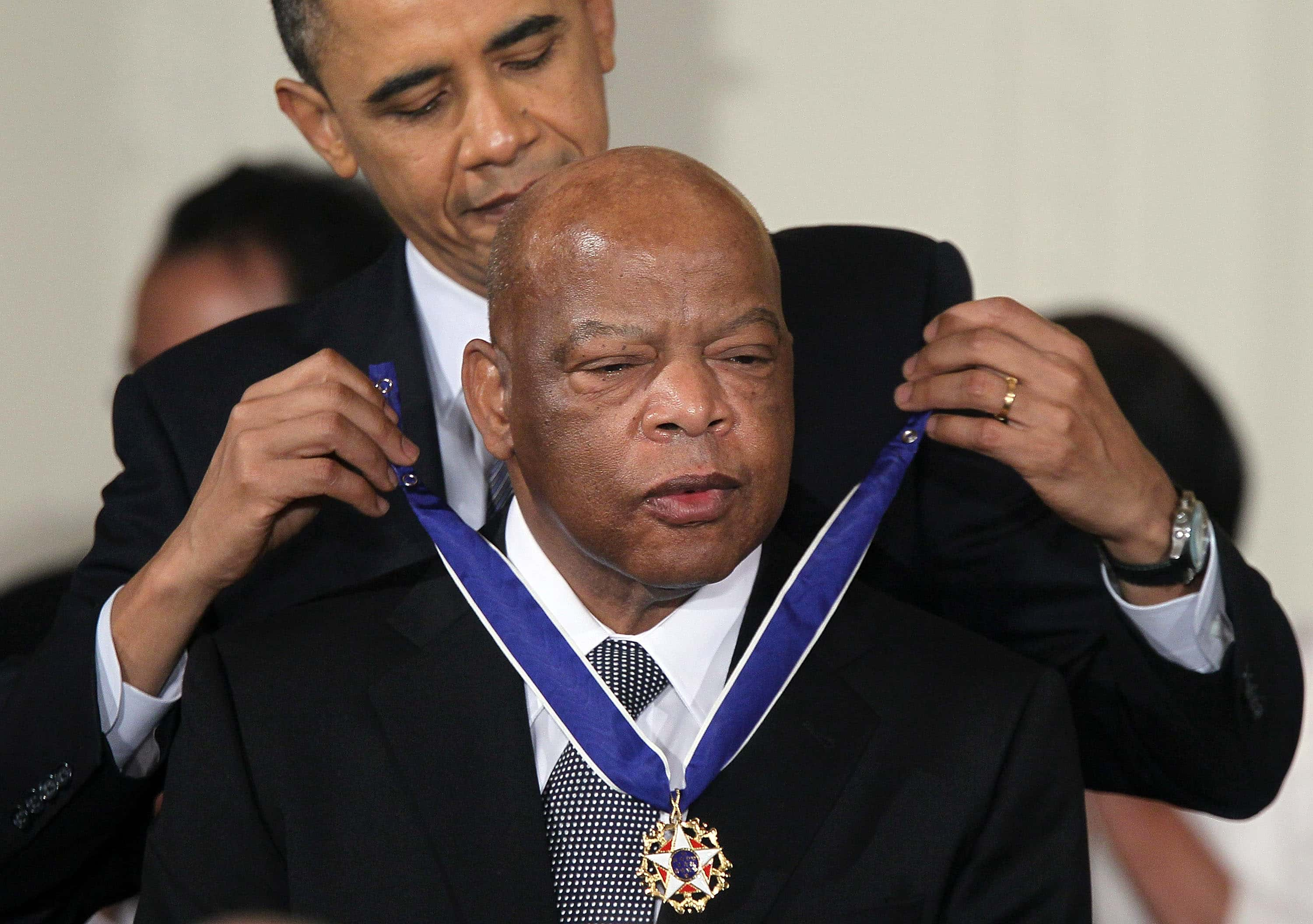
John Lewis is the recipient of numerous awards from eminent national and international institutions, including the highest civilian honor granted by President Barack Obama, the Medal of Freedom, the Lincoln Medal from the historic Ford’s Theatre, the Golden Plate Award given by the Academy of Excellence, the Preservation Hero award given by the National Trust for Historic Preservation, the Capital Award of the National Council of La Raza, the Martin Luther King, Jr Non-Violent Peace Prize, the President's Medal of Georgetown University, the NAACP Spingarn Medal, the National Education Association Martin Luther King Jr Memorial Award, and the only John F. Kennedy 'Profile in Courage Award' for Lifetime Achievement ever granted by the John F Kennedy Library Foundation.
'John Lewis: Good Trouble' will be available on-demand and in virtual theatres on July 3.

